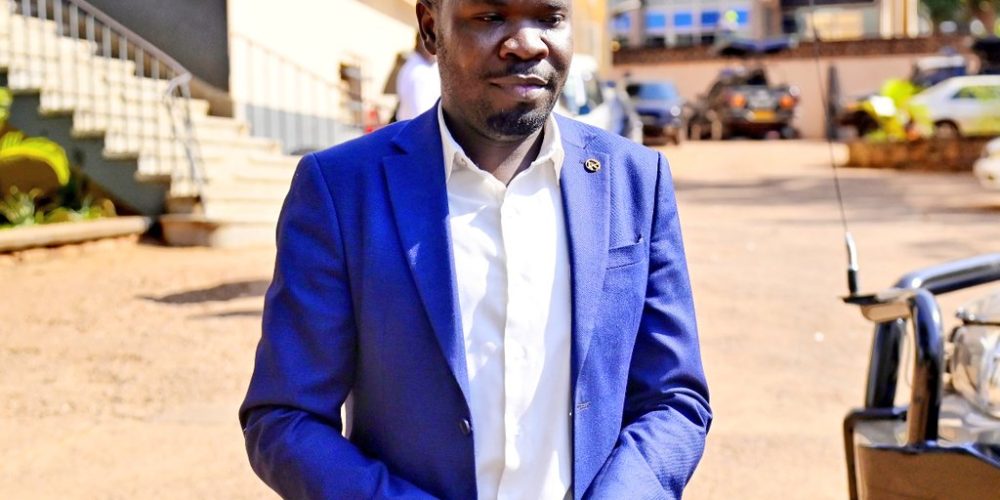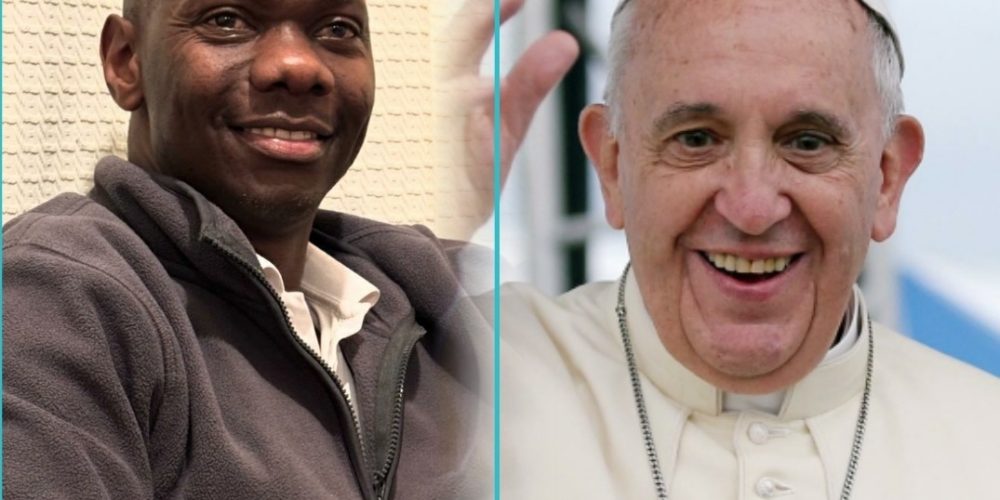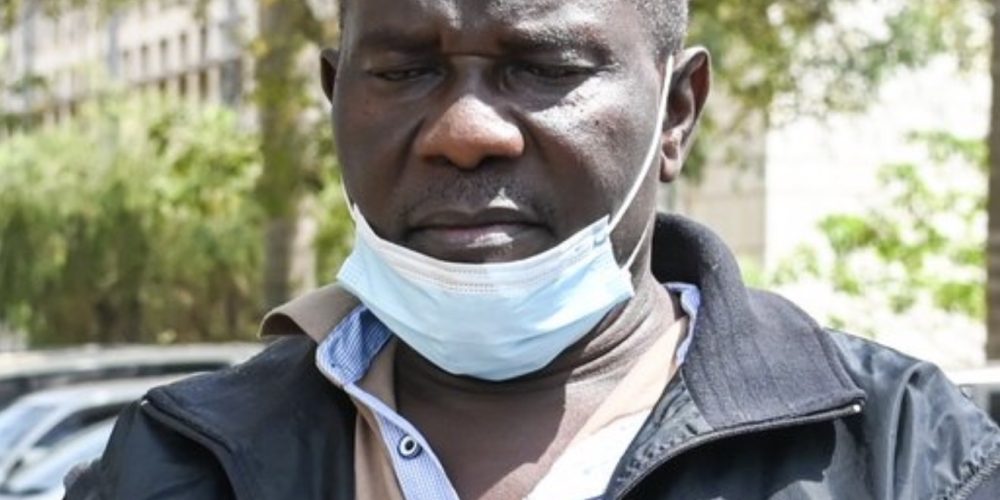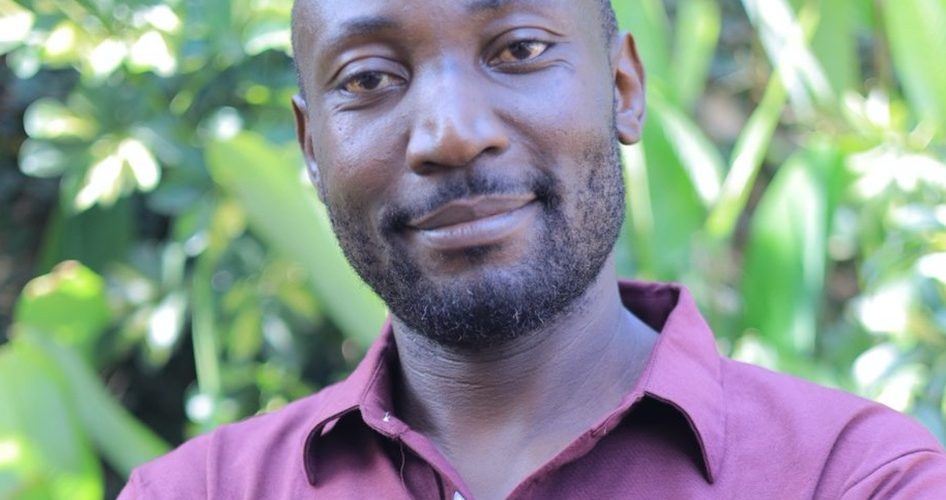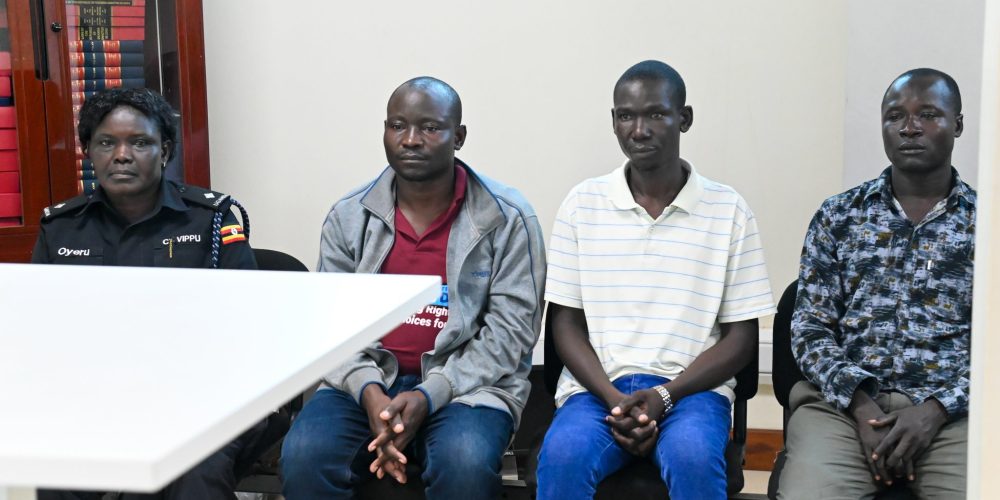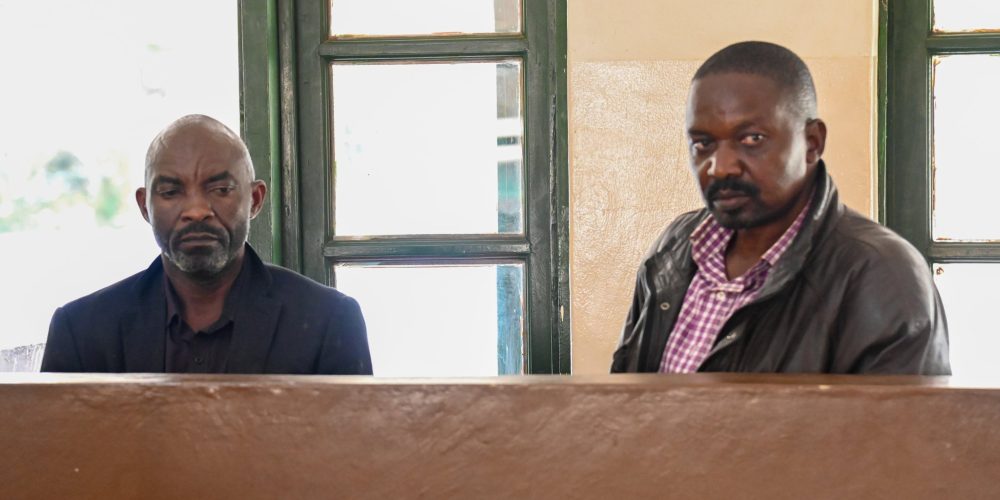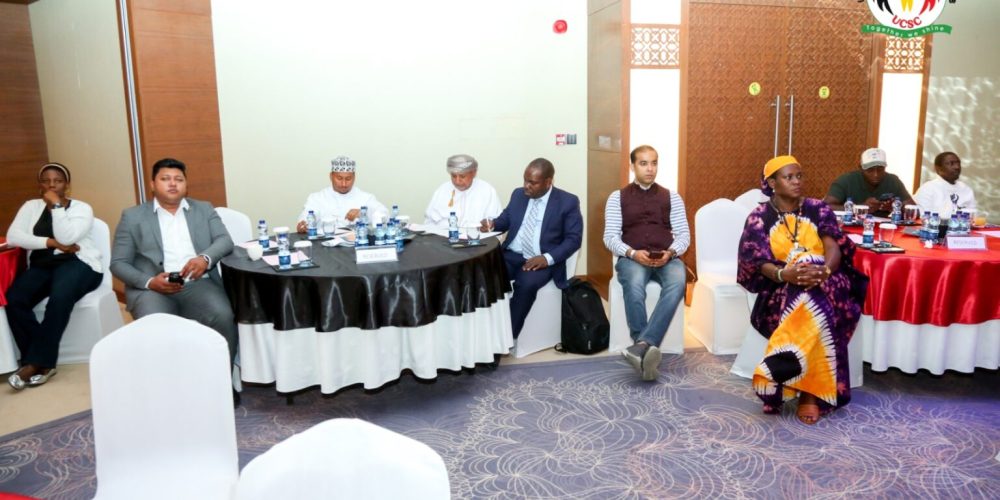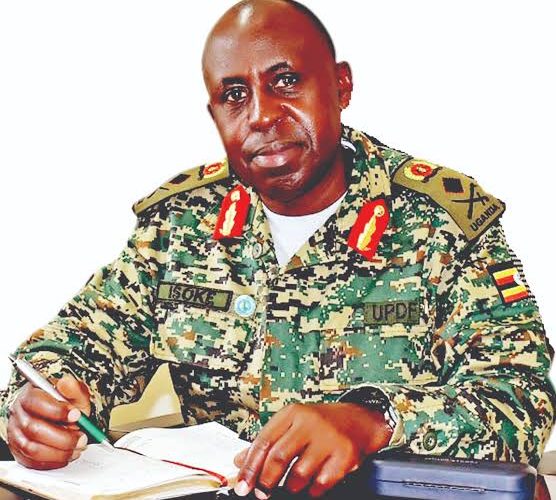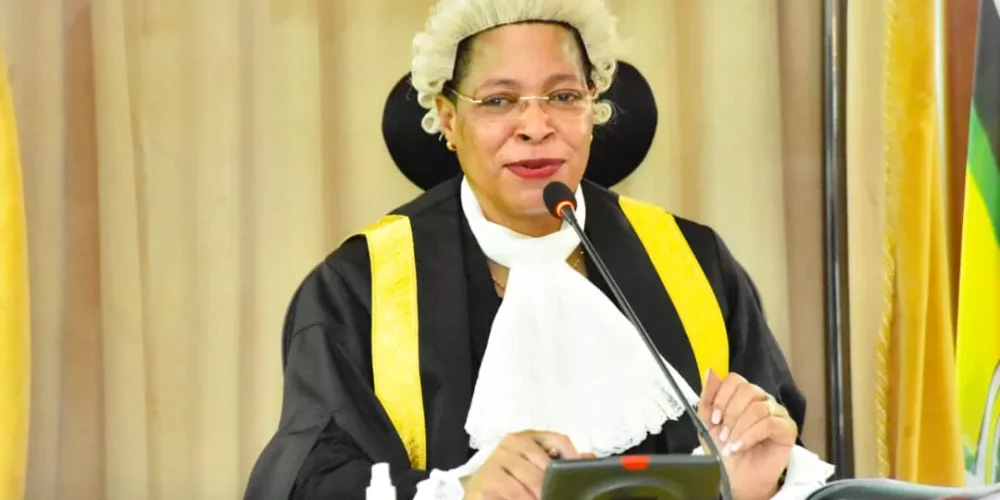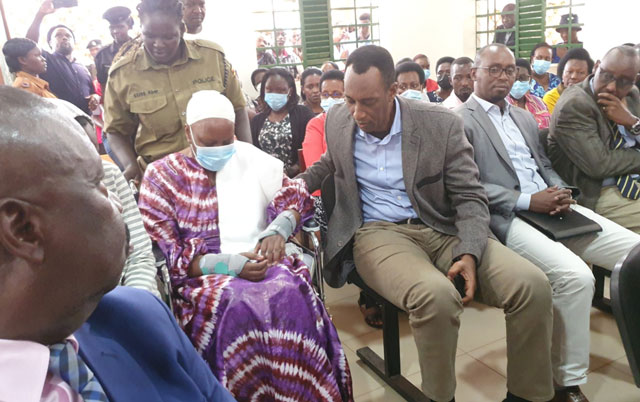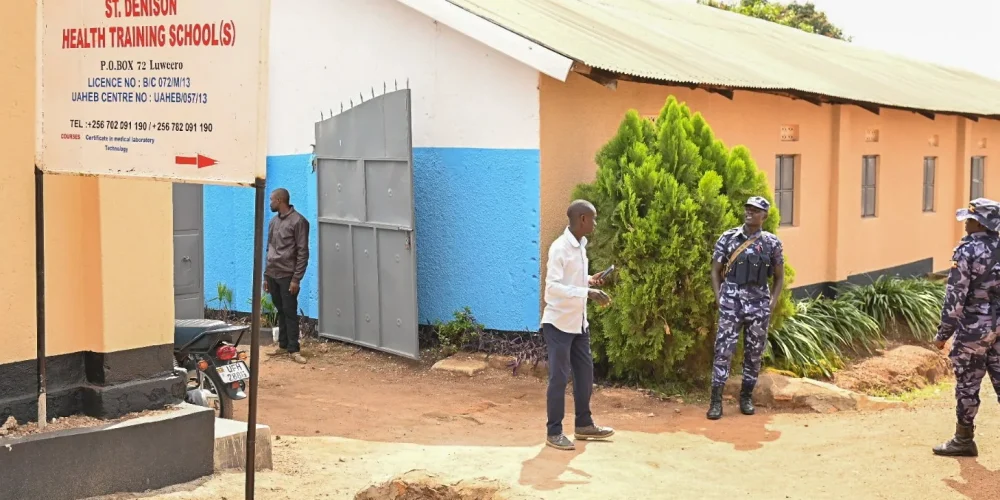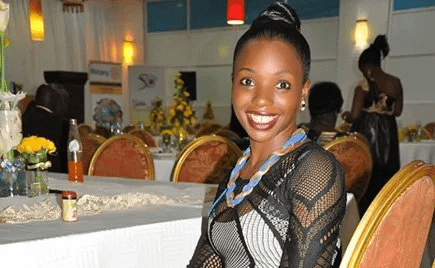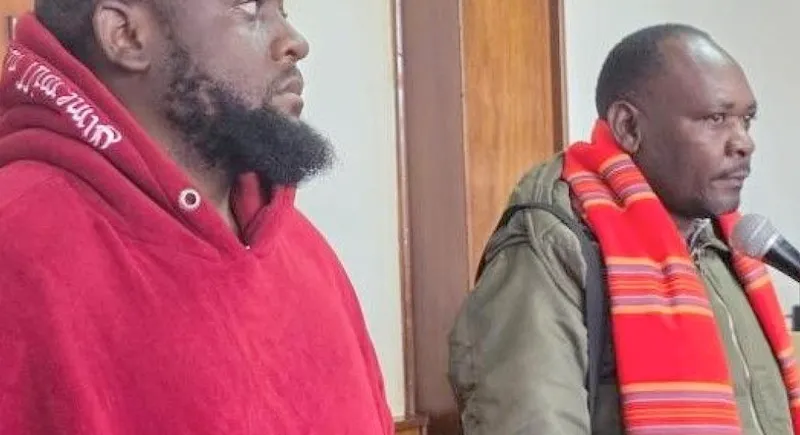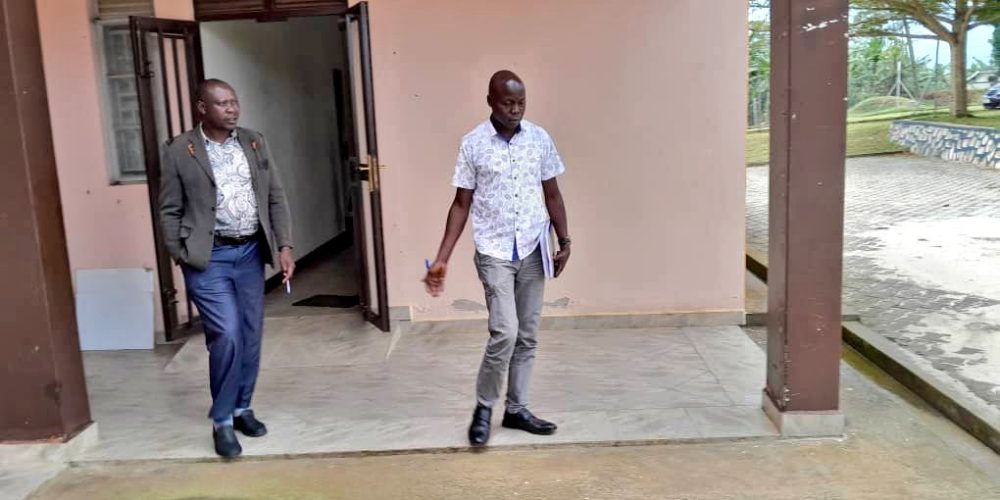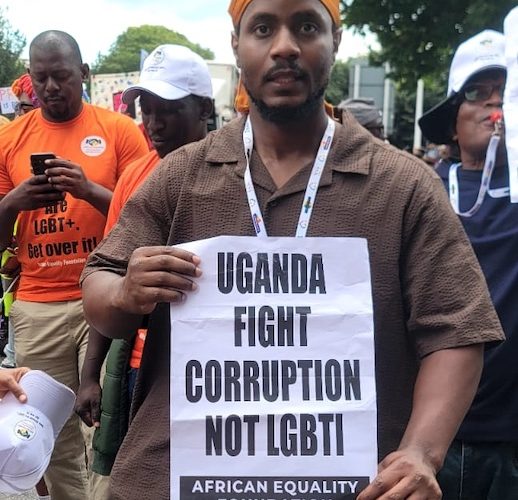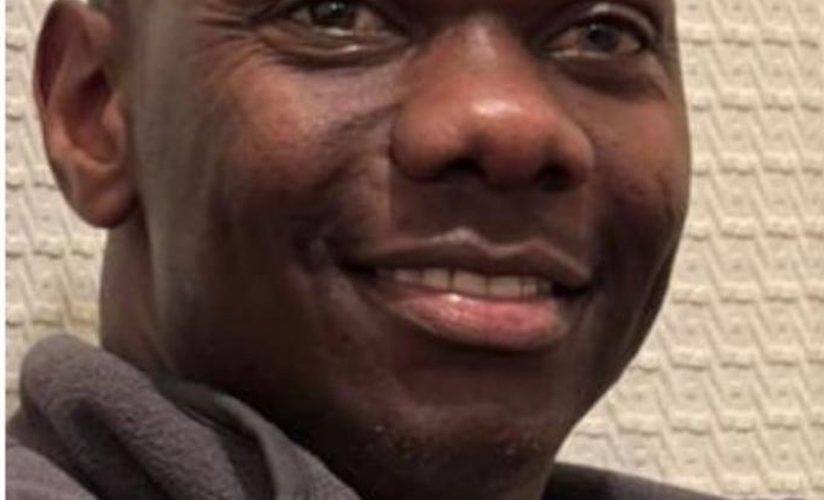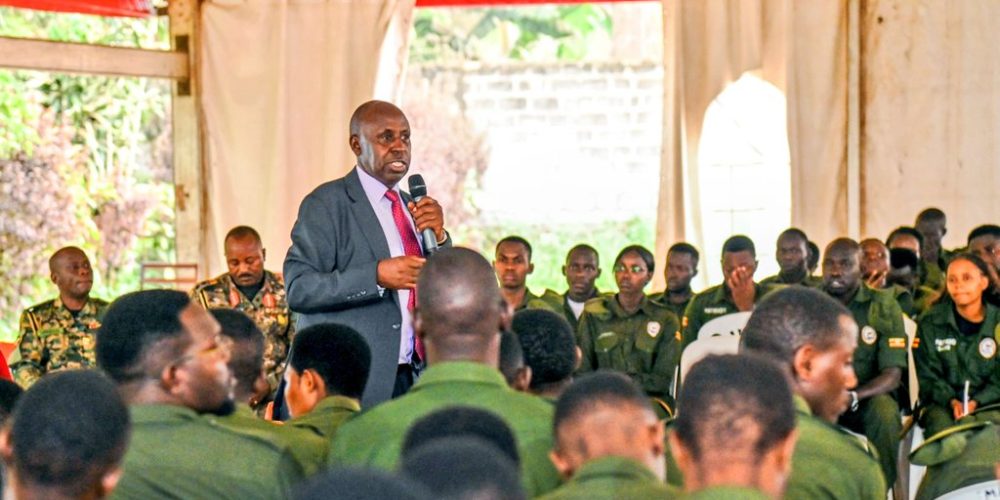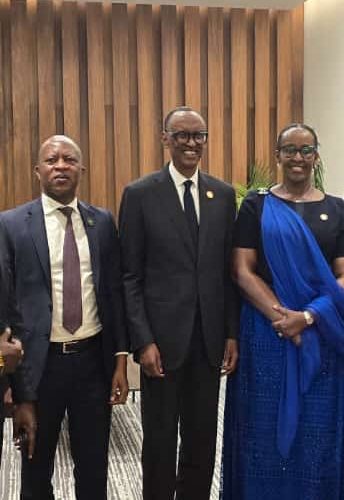Controversial UPDF Bill Sparks Legal Uproar
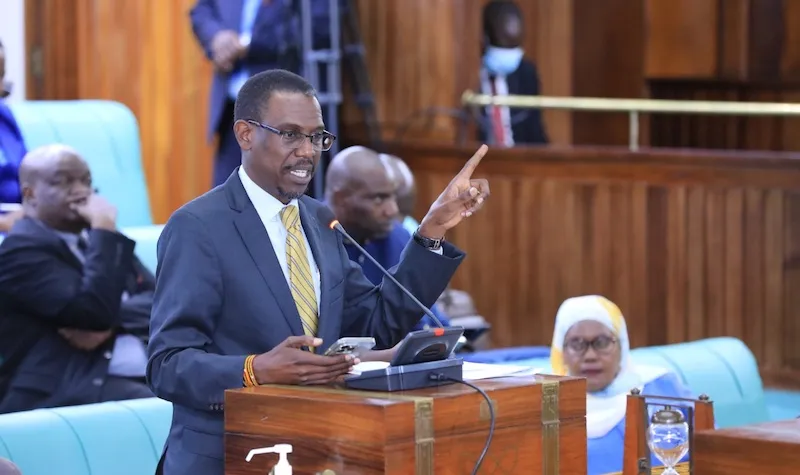
Kampala-Uganda. The recent passage of the Uganda People’s Defence Forces (Amendment) Bill, 2025 by Parliament has sparked widespread backlash from legal professionals, opposition leaders, and human rights advocates.
The proposed law, which is now awaiting presidential assent, has been heavily criticized for undermining constitutional principles, due process, and human rights—particularly in relation to the continued trial of civilians in military courts.
Critics argue that the legislature missed a crucial chance to address long-standing flaws in the military justice system. They contend that instead of reforming problematic provisions, the Bill reinforces practices that are inconsistent with Uganda’s constitutional framework.
Alice Alaso, the acting national coordinator for the Alliance for National Transformation (ANT) and a former Member of Parliament, denounced the Bill as being imposed on the public without proper consultation.
“This law is an affront to constitutionalism and an open attack on the rule of law,” she said. Alaso warned that the Bill could lead to further abuse, including unlawful arrests and torture of civilians under the pretext of military justice.
She also drew parallels with the Public Order Management Act (POMA), which was once used to target opposition figures but later proved politically inconvenient to its proponents.
Alaso accused Parliament of contributing to political instability and systematic rights violations. She pledged support for initiatives aimed at challenging the Bill’s legality and effectiveness.
Although certain MPs welcomed reforms in the Bill related to command structure, pensions, and health services within the military, others remained sharply critical. Bugweri County MP Abdu Katuntu maintained that the central issue—military courts trying civilians—should have been addressed before the amendments were approved.
“The entire controversy centered around one issue: the trial of civilians by military courts,” Katuntu emphasized. He expressed concern over inconsistencies in how the Supreme Court’s past rulings on the matter have been interpreted.
According to him, judges have reached similar conclusions using differing legal reasoning, resulting in confusion that Parliament failed to resolve.
Katuntu also stressed that military justice should serve not only to protect civilians but to ensure fairness for soldiers as well. “Justice should apply to all, whether in uniform or not,” he said.
Legal experts have echoed this concern, particularly over disparities in the right to appeal. Under the new amendments, civilians accused of serious offenses such as murder can appeal up to the Supreme Court, while soldiers tried in military courts are limited to a single appeal at the Court of Appeal.
Jude Byamukama, managing partner at JByamukama & Co. Advocates, argued that this creates a two-tier justice system and violates the principle of legal equality. “You can’t have a legal system where civilians are allowed broader appeal rights than soldiers charged with the same crimes,” he noted.
Byamukama further criticized the Bill for not aligning with the Human Rights Enforcement Act. He argued that accused persons in military courts should benefit from the same rights protections afforded under human rights legislation. Despite raising these issues, his suggestions were not incorporated into the final version of the Bill.
The Uganda Law Society (ULS) also raised red flags, choosing not to appear before the joint parliamentary committee reviewing the Bill.
The ULS cited insufficient time to scrutinize the proposed law and prepare meaningful submissions. The Society has a history of challenging government actions in court on similar constitutional matters.
Referencing Article 38 of Uganda’s Constitution, which grants citizens the right to participate in public affairs, Byamukama argued that the legislative process fell short of democratic standards. “In many jurisdictions, provisions like Article 38 are interpreted to mean that citizens must have a genuine opportunity to contribute during the lawmaking process,” he said.
Yusuf Nsibambi, vice president of the Forum for Democratic Change (FDC) and a lawyer, described the Bill as both unconstitutional and politically driven. He emphasized that the Supreme Court had clearly ruled military courts are disciplinary bodies, not competent to try civilians. “Parliament has no mandate to override judicial interpretation by legitimizing practices deemed unconstitutional,” Nsibambi said.
With mounting resistance from civil society, opposition parties, and legal experts, there are growing expectations that the UPDF Amendment Bill will be challenged in both the Constitutional and Supreme Courts. Critics cite the continued trial of civilians in military courts, unequal appeal rights for soldiers, and a rushed legislative process as violations of Uganda’s constitutional protections.












